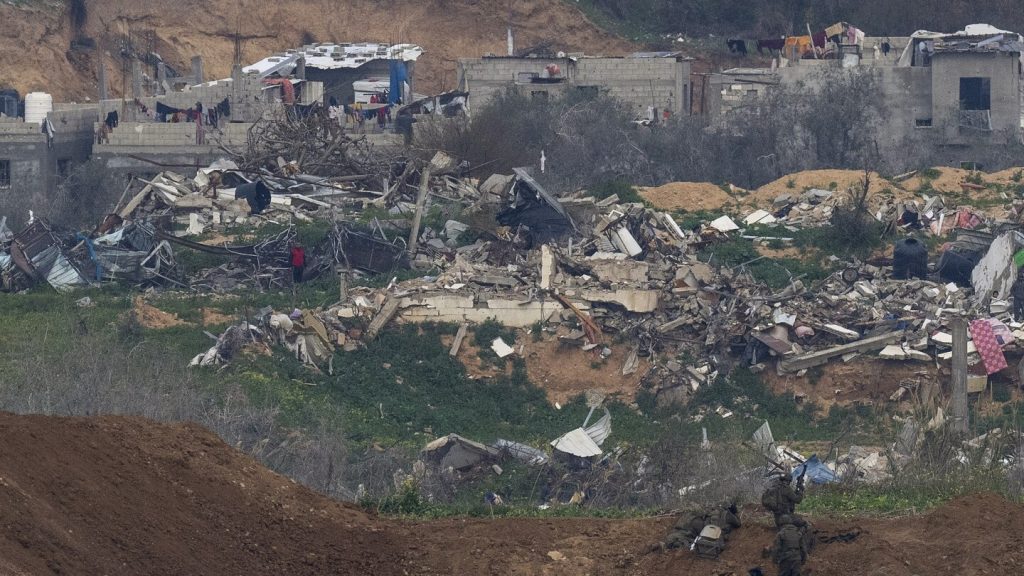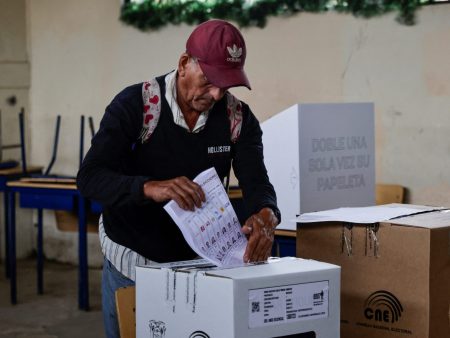The situation in the Israel-Hamas conflict is deeply fraught, with a fragile ceasefire set to expire, raising urgent concerns about the fate of hostages and the broader humanitarian crisis. The ceasefire, part of a deal where Hamas releases hostages in exchange for Palestinian prisoners and aid, is under strain following the release of emaciated hostages, drawing comparisons to Holocaust survivors and prompting calls for urgent action. Families of hostages plead for their safe return, detailing harsh conditions of captivity, including chaining and starvation.
Politically, Netanyahu faces dual pressures: families urge ceasefire extension, while far-right allies push for renewed conflict. Trump’s proposal to relocate Gaza’s population adds controversy, with Israel showing openness and others strongly opposing it. The ceasefire’s fragility is evident, with ongoing violence and a significant Israeli military presence, despite Hamas claiming to force Israeli withdrawal.
The conflict’s toll is stark: over 47,000 Palestinian deaths, with widespread destruction in Gaza, and rising violence in the West Bank, including tragic civilian casualties. Internationally, Egypt’s upcoming summit and regional condemnations highlight the conflict’s complexity and the need for a comprehensive solution.
In summary, the critical situation demands immediate attention to extend the ceasefire, address the humanitarian crisis, and navigate complex political landscapes to prevent further escalation.












